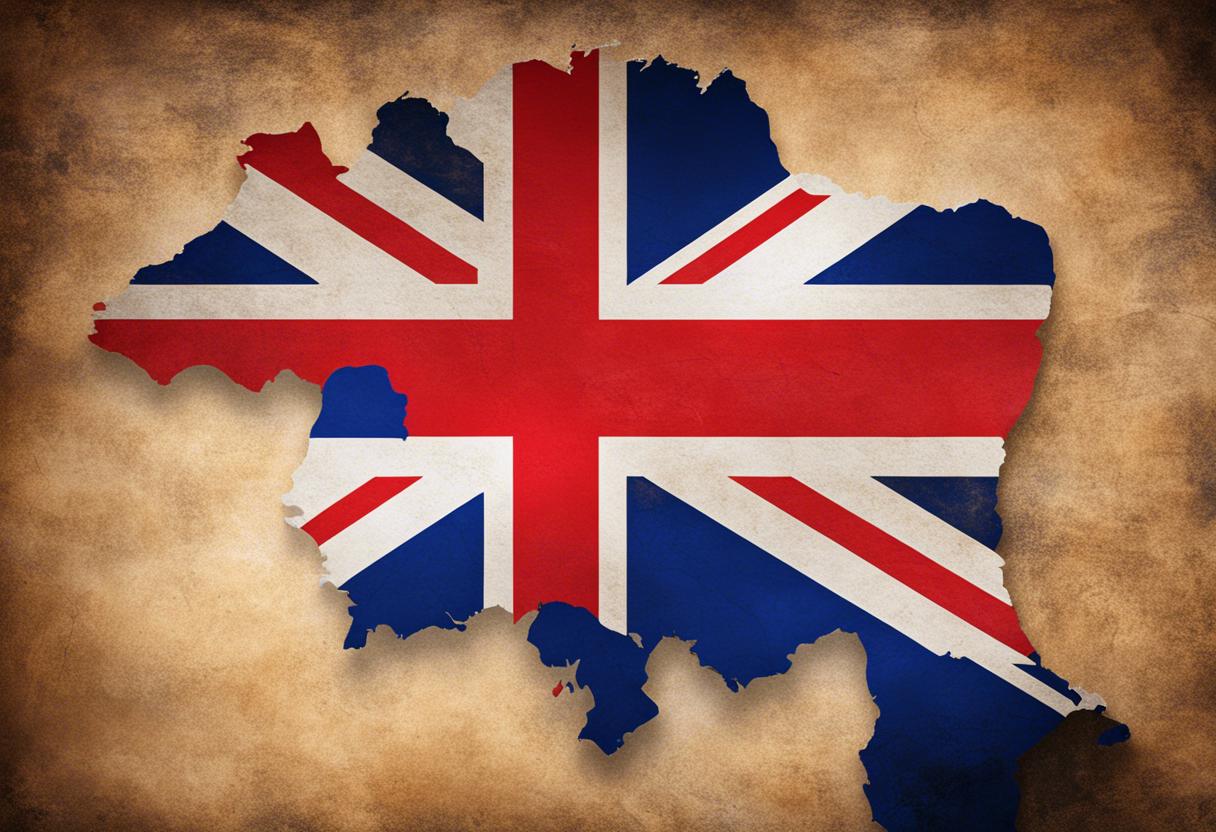Among the potential catastrophes predicted for Ireland that never truly transpired, Brexit undeniably sits at the forefront. It effectively eclipses the Y2K debacle of 1999, another highly-anticipated turmoil which swiftly lost its momentum as the anticipated technological disaster never materialised beyond a simple computer glitch.
In the four-year duration from 2016, when the UK made the decision to separate from the EU, until the formal departure in 2020, the reality of our closest neighbour and largest EU trading ally leaving the coalition loomed like a nearing space rock.
Media was dominated by cautionary tales surrounding potential trade losses and threats to peace, with some speculating Ireland could experience a larger economic impact than the UK itself. The complex details of a customs union became familiar territory and the potential outcomes of a hard and soft Brexit were scrutinised meticulously. Prior to the official UK exit in 2020, the Irish Government established a Brexit contingency fund, businesses began hoarding stock, and citizens prepared for a potential economic downturn.
Ultimately, from Ireland’s viewpoint, the situation didn’t exactly wither away but was dealt with without the expected upheaval and economic consequences many had anticipated. Irish exports, often considered our primary defence, increased by 9.5 per cent in 2020, and 14 per cent in both 2021 and 2022. This rise was largely due to activity in the major pharmaceutical and IT sectors, which flourished amidst the pandemic.
Even exports of food and drink, traditionally heavily dependent on the UK market, saw only a 2 per cent drop in 2020 (mainly due to pandemic-induced closures of overseas food businesses) and subsequently grew by 4 per cent in 2021 and a considerable 22 per cent in 2022. Although a decline in exports happened last year, Brexit was not the cause.
However, potential issues await our food exporters. Due to be enforced by the end of the month are UK border controls on EU agricultural imports (including those from Ireland), which may become a considerable hurdle. As indicated by the European Commission, the physical goods checks, health certificates and identification requirements for products entering the UK, if put into full effect, would equate to a tariff hike of 10 per cent for EU companies.
Brexit necessitated several businesses to alter their transportation routes for goods to Europe due to varying supply lines. As Ibec’s principal economist, Ger Brady, points out, existing costs linked to transportation and logistics were often absorbed within profit margins. This might not be a long-term solution and if this trend persists, it may reduce available funds for potential growth in export sectors.
However, the predicted Brexit catastrophe that was expected to ravage Ireland did not occur. It transformed into a more of a manageable problem. This could lead historians to interpret Brexit as a possible final step in Ireland’s freedom from economic reliance on Britain. This does not diminish Britain’s importance, but rather highlights the diverse export markets of the Irish economy.
Two significant points of contention that could have incited major issues were bypassed – one initially, and the other by an unanticipated consistently unified position by the EU throughout the process.
At the negotiation commencement, any alterations to the Common Travel Area (CTA) – a scheme allowing inhabitants of the UK and Ireland to move freely for work, living and education, was dismissed. The Governments of the UK and Ireland ratified a Memorandum of Understanding (MoU) in 2019, reaffirming their dedication to sustain “the CTA, and the linked rights and privileges, in any situation,” even in the event of a no-deal Brexit.
Many regard Dublin’s International Financial Services Centre as a byproduct of London’s larger financial centre, facilitated by unrestricted travel between Dublin and London. An industry insider mentioned that “The CTA fosters a virtual single market for the professional skills foundational to International Financial Services.” Notwithstanding, substantial discrepancies in immigration policies between the Republic and the UK could potentially strain the functionality of the CTA, but currently, it remains unaffected.
Moreover, the uninterrupted functioning of the CTA allowed for the operation of Europe’s busiest air path – a crucial lifeline for Ireland’s economy, between Dublin and London.
Finally, the other major issue was the border controversy. The Dublin government has long held a suspicion that London might not be completely aware or concerned about Irish matters. This suspicion was further underscored by ill-informed assumptions by Brexiteers about high-tech, hidden borders. In spite of hearsay that the EU’s consolidated position would fracture (similar to the financial crisis and reactionary immigration), Ireland’s controversial tax position was not obstructive. The Irish government, along with the EU, remained firm that there would be no retraction to border infrastructure on the island.
Ex-Taoiseach Leo Varadkar and ex-Minister for Foreign Affairs Simon Coveney have played crucial roles in preventing potential complications. Over a few years, they emphasised the importance of the Border and the Belfast Agreement in any deal to EU heads, reinforcing their essential contribution to sustaining peace. Currently, for the Republic, Brexit has been demoted to a less important matter.

